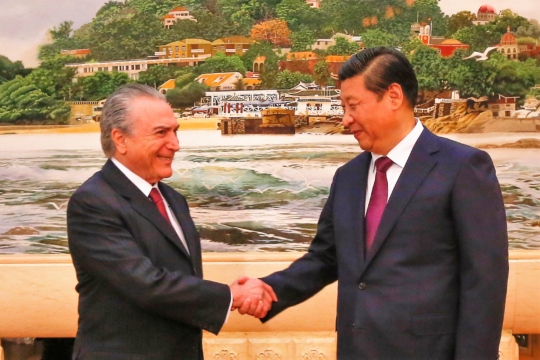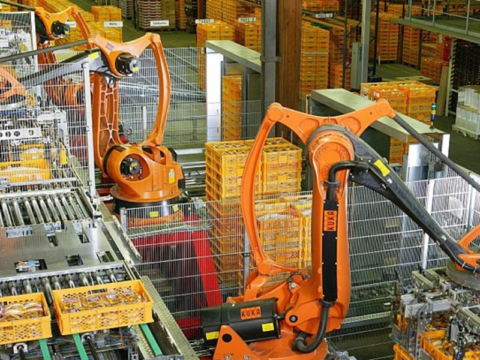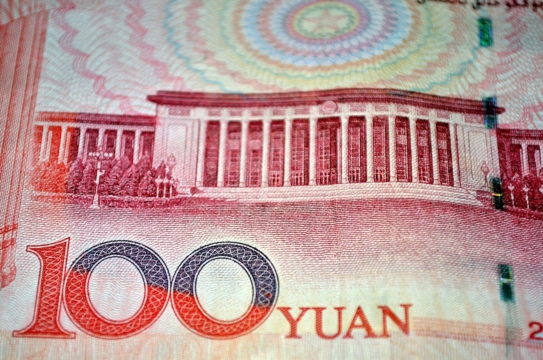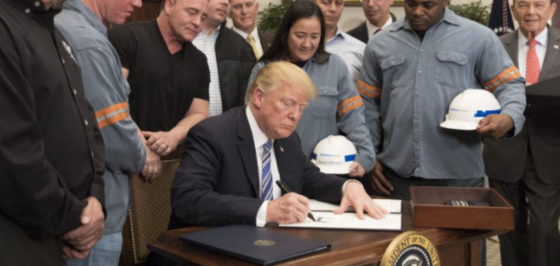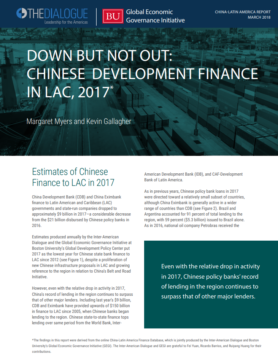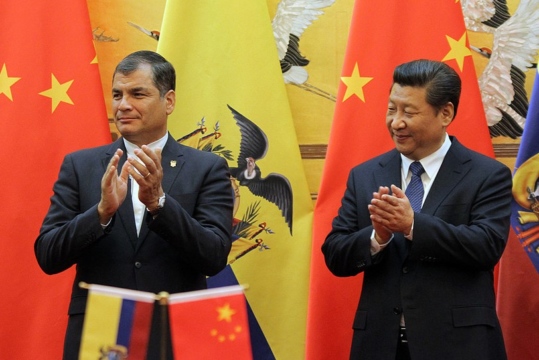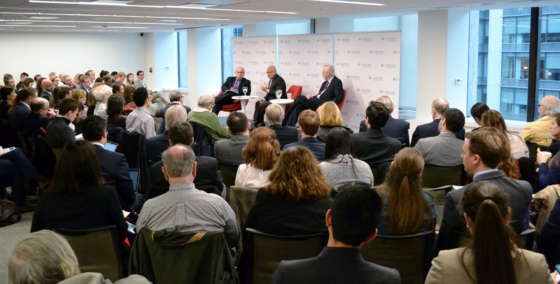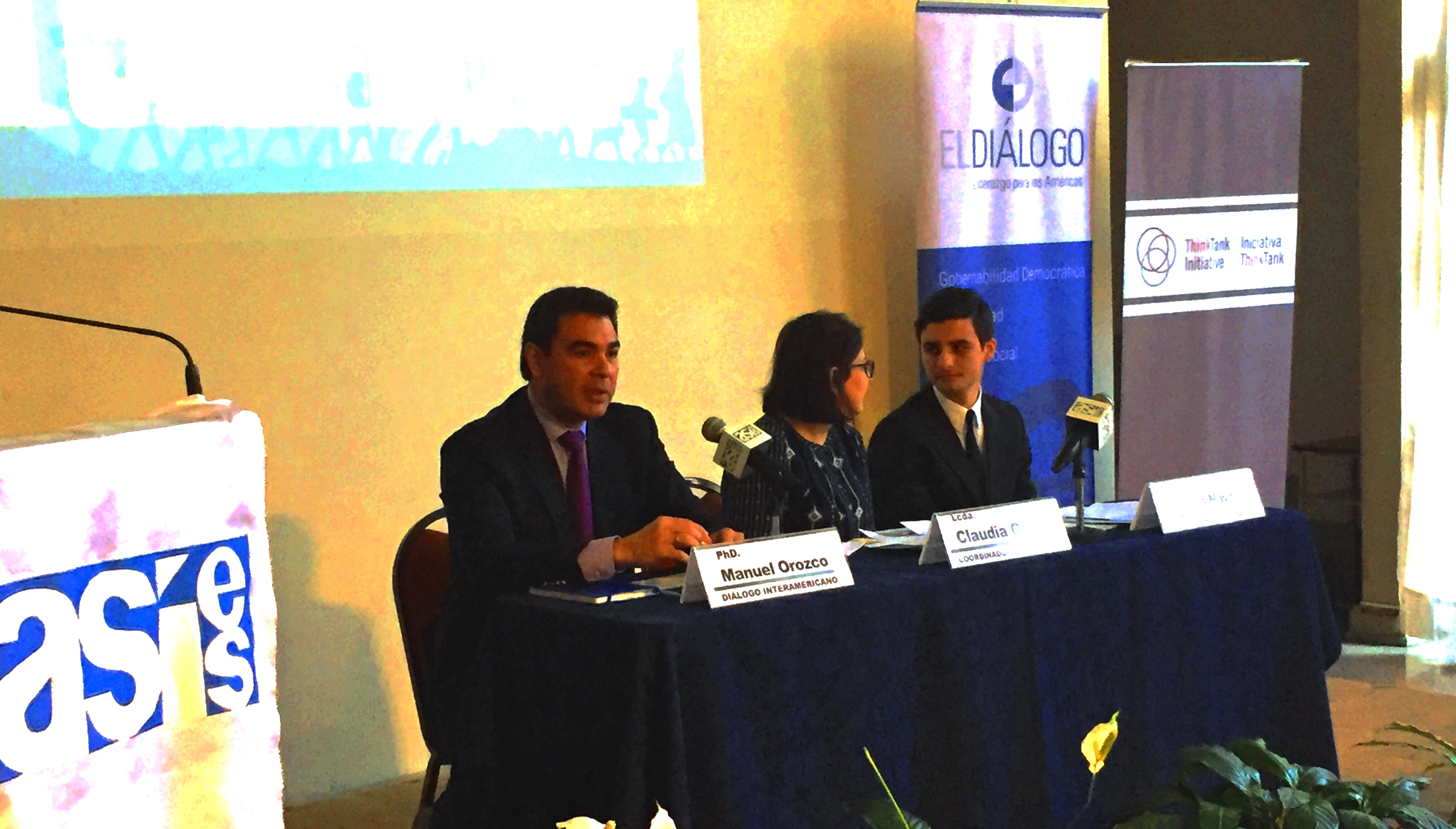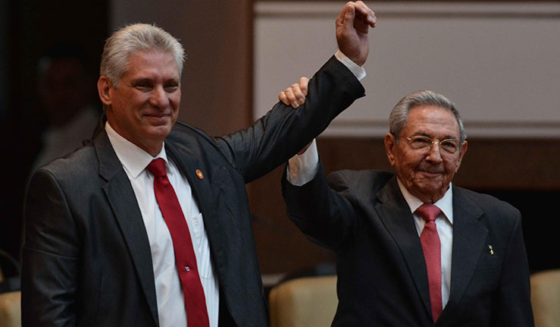
For Cuba’s Díaz-Canel, the Party Has Just Begun
Cuba has a new head of state in President Miguel Díaz-Canel. However, the residual power of the revolutionary generation means the rejuvenation of the island’s political elite is only getting started.
Cuba has a new head of state in President Miguel Díaz-Canel. However, the residual power of the revolutionary generation means the rejuvenation of the island’s political elite is only getting started.
Argentina’s turn to the IMF to relieve pressure on the peso carries significant political risks for the president.
On May 3, the Inter-American Dialogue in partnership with the Institute for Integrated Transitions (IFIT) hosted an event titled “Inside Perspectives on Possible Scenarios in Venezuela”. This discussion, moderated by Michael Camilleri, featured panelists Margarita López Maya from Tulane University, Michael Penfold from the Instituto de Estudios Superiores de Administración, and Orlando Ochoa, an independent economist and consultant. The conversation explored the situation in Venezuela and offered possible scenarios for the near term including their expected risks, opportunities, and trend lines.
Macri has repeatedly said that he will maintain his course and not yield to what he calls the political opportunism of the opposition. But if he is to lead a true alternative to the left- and right-wing populist tendencies that have ruled Argentina for decades, Macri’s gradualism must pick up the pace and start showing results.
On April 20, the Inter-American Dialogue in partnership with the Brookings Global – CERES Economic and Social Policy in Latin America Initiative (CERES), hosted the Minister of Finance of Chile, Felipe Larraín Bascuñán, for an open conversation on the economic challenges and choices facing Chile.
On April 18, the Inter-American Dialogue in partnership with the OECD Development Centre, CAF—Development Bank of Latin America, the UN Economic Commission for Latin America and the Caribbean, the European Commission, and the Inter-American Development Bank, held an open discussion on how building transparent and effective institutions in Latin America can lead to economic growth and development in the region.
“Despite the 2008 economic recession and the ensuing decrease in the value of commodities, Colombia has maintained a steady growth rate and continued foreign investment”, said Mauricio Cárdenas, Colombia’s Minister of Finance and Public Credit, during an April 19 discussion at the Inter-American Dialogue.
La fuerte disminución en el 2017 se debe a que los bancos estatales chinos se abstuvieron de hacer préstamos a Venezuela, de lejos el mayor receptor de financiamiento del gigante asiático en la región desde el 2005.
The promise and peril of new technologies in Latin American and Caribbean economies.
Chinese investment and lending in the region declined last year, in part reflecting skittishness over the deteriorating situation in Venezuela. Despite the drop, Chinese state-to-state finance continues to outstrip the World Bank, IDB and CAF.
New U.S. tariffs on steel and aluminum may not have the consequences that many people expected.
China’s record of lending in LAC continues to surpass that of other banks, even though policy banks issued only $9 billion to the region in 2017.
尽管地理距离遥远,但中国认识到包容性言论和发展导向政策对拉美政府的吸引力,在这一点上它也许胜过美国一筹。
On February 22, the Inter-American Dialogue in partnership with the Brookings Institution’s Latin American Initiative hosted an event to discuss the political and economic challenges Cuba will face amidst a presidential transition. This event was moderated by Michael Shifter with panelists Richard Feinberg from the Brookings Institution and William LeoGrande from American University.
El pasado 19 de febrero, se presentó en Guatemala el reporte “Remesas a América Latina y el Caribe en 2017”. Anualmente, el Diálogo Inter-Americano publica sus estimaciones para las remesas a América Latina, así como un análisis de las tendencias más importantes para el tema en la región.
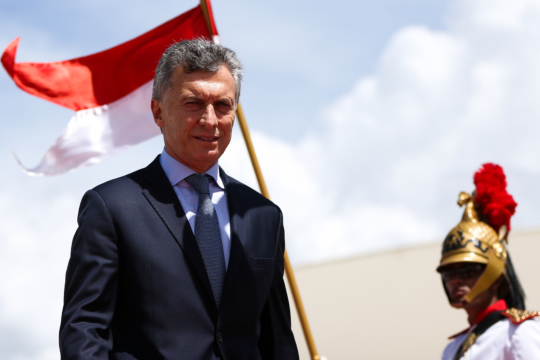
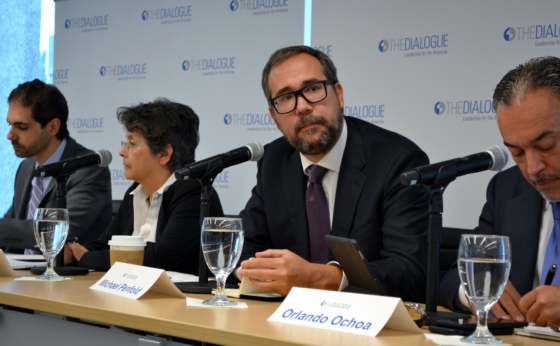 Video
Video

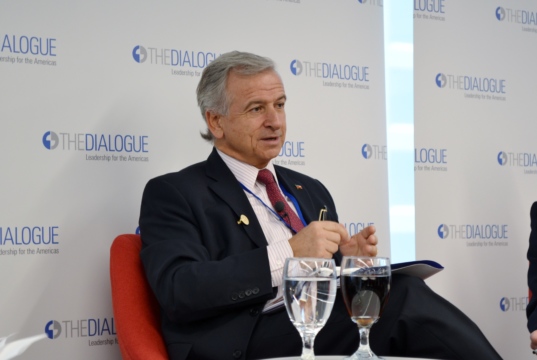 Video
Video
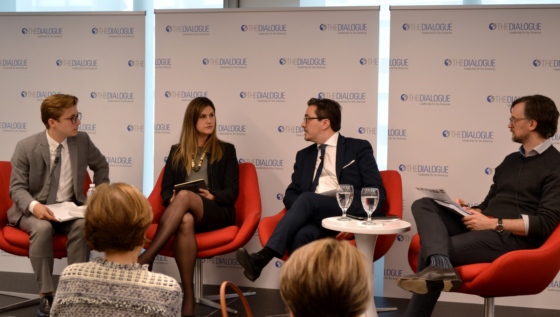 Video
Video
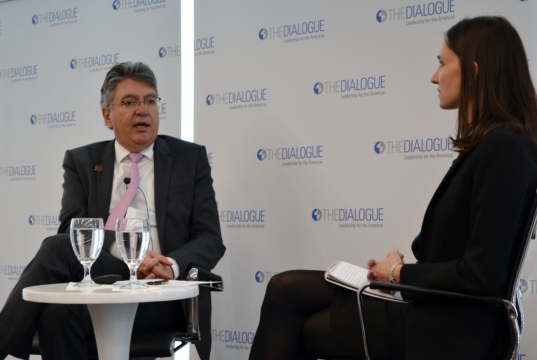 Video
Video
